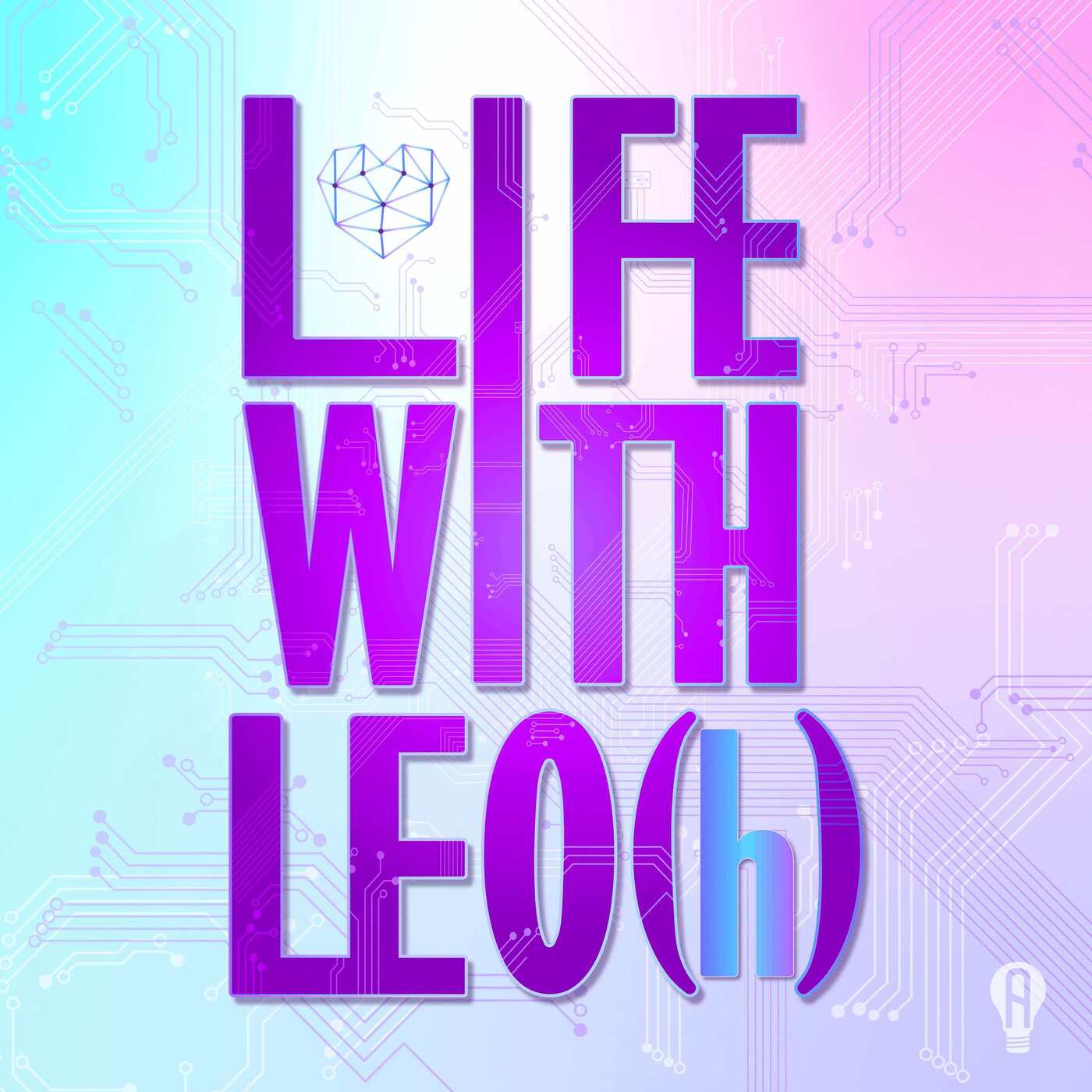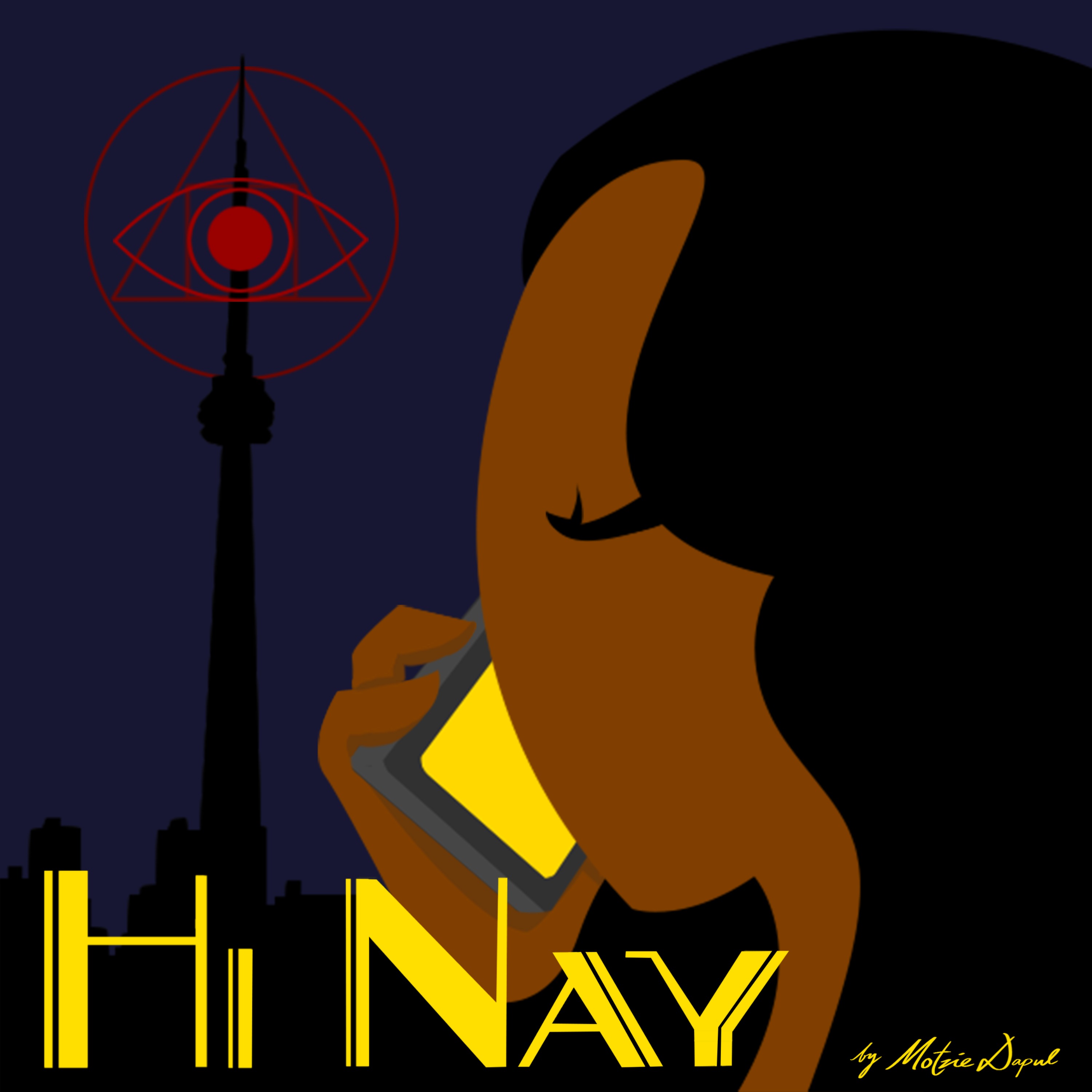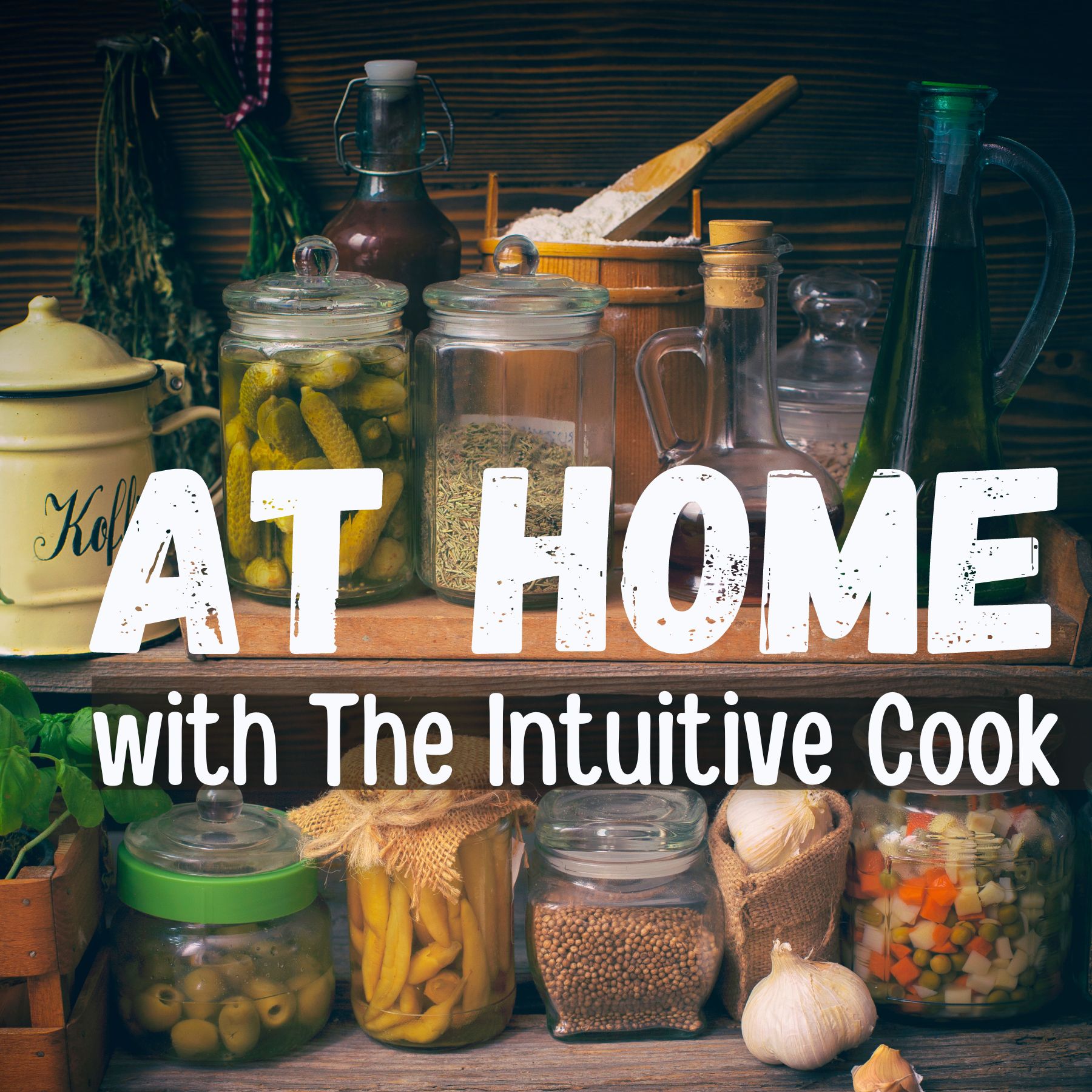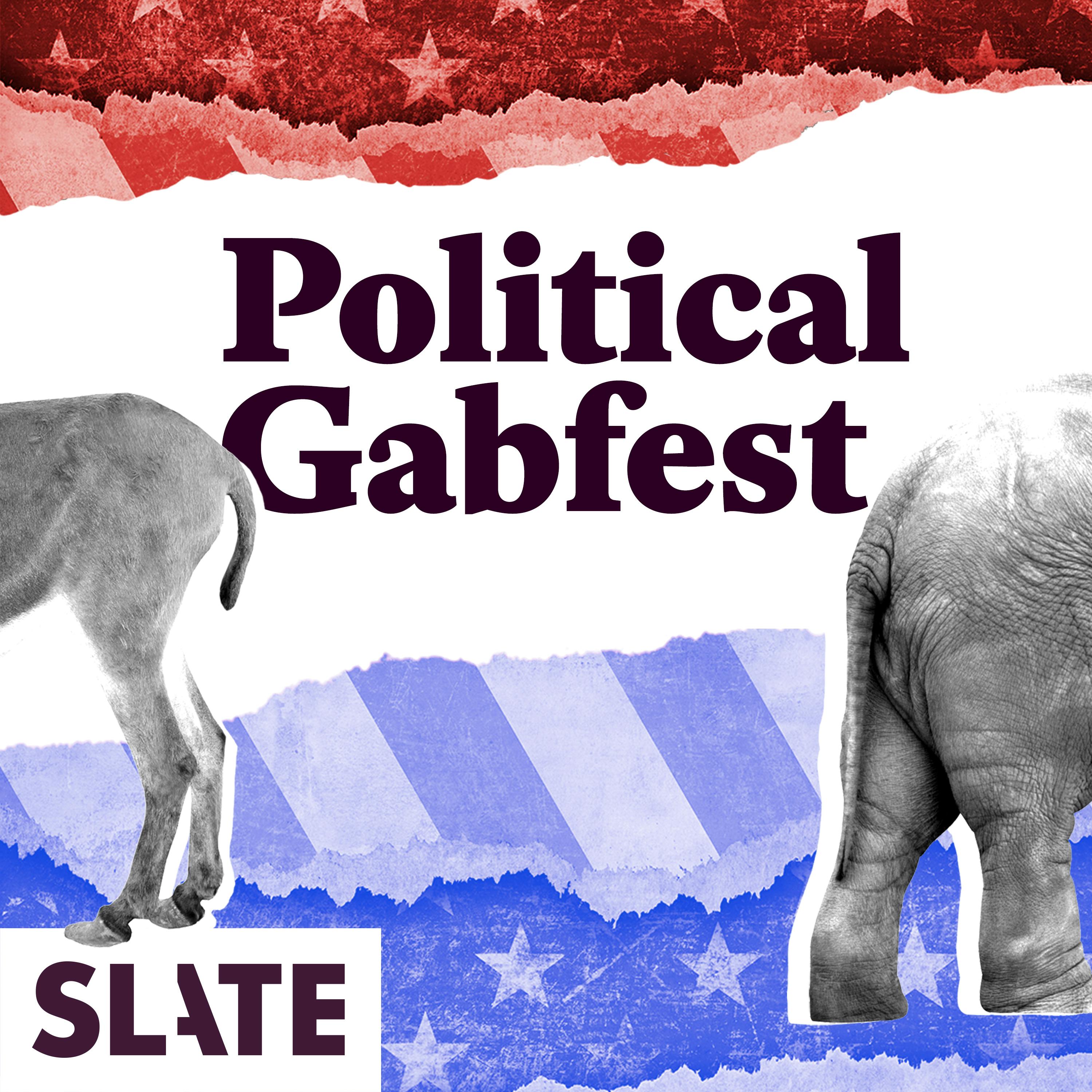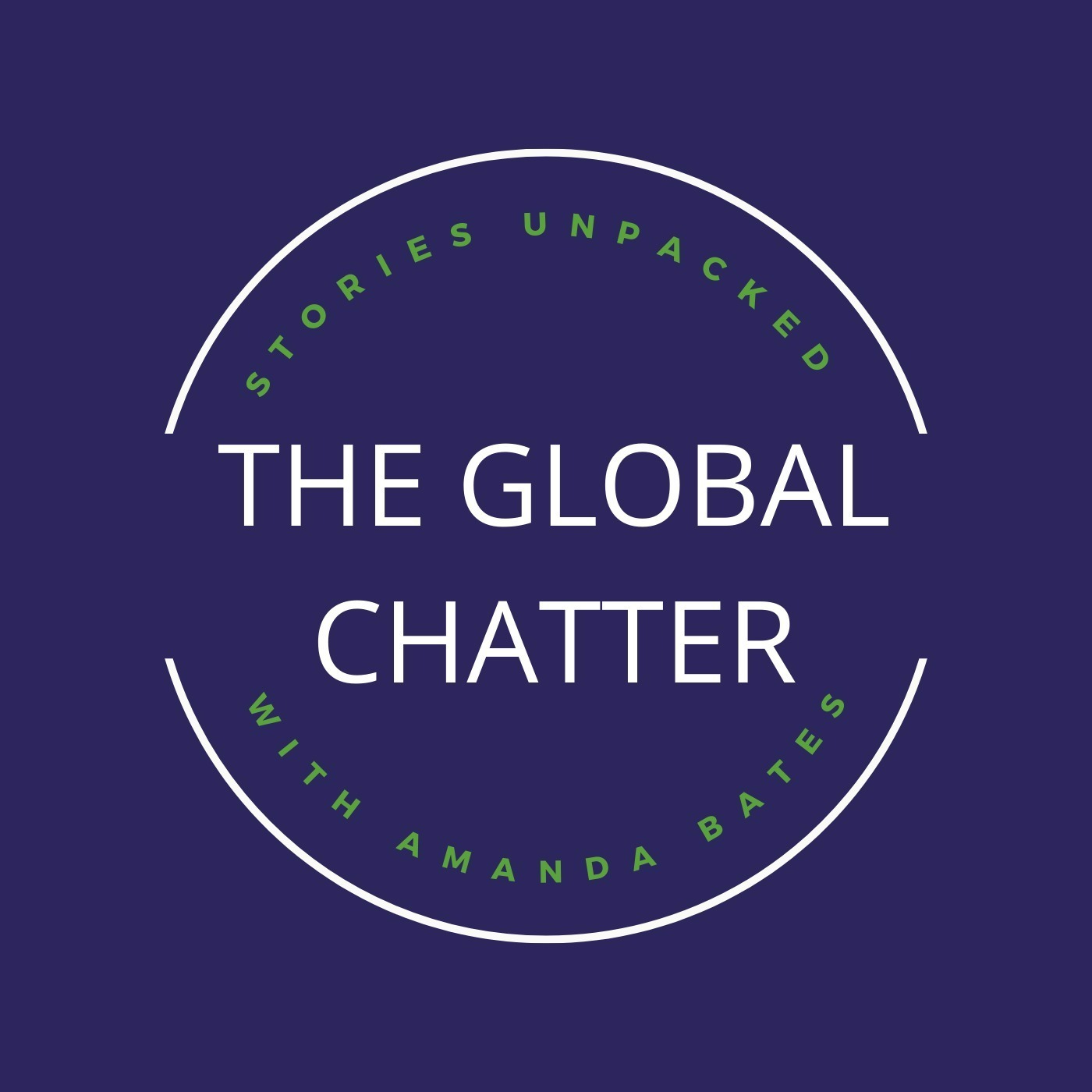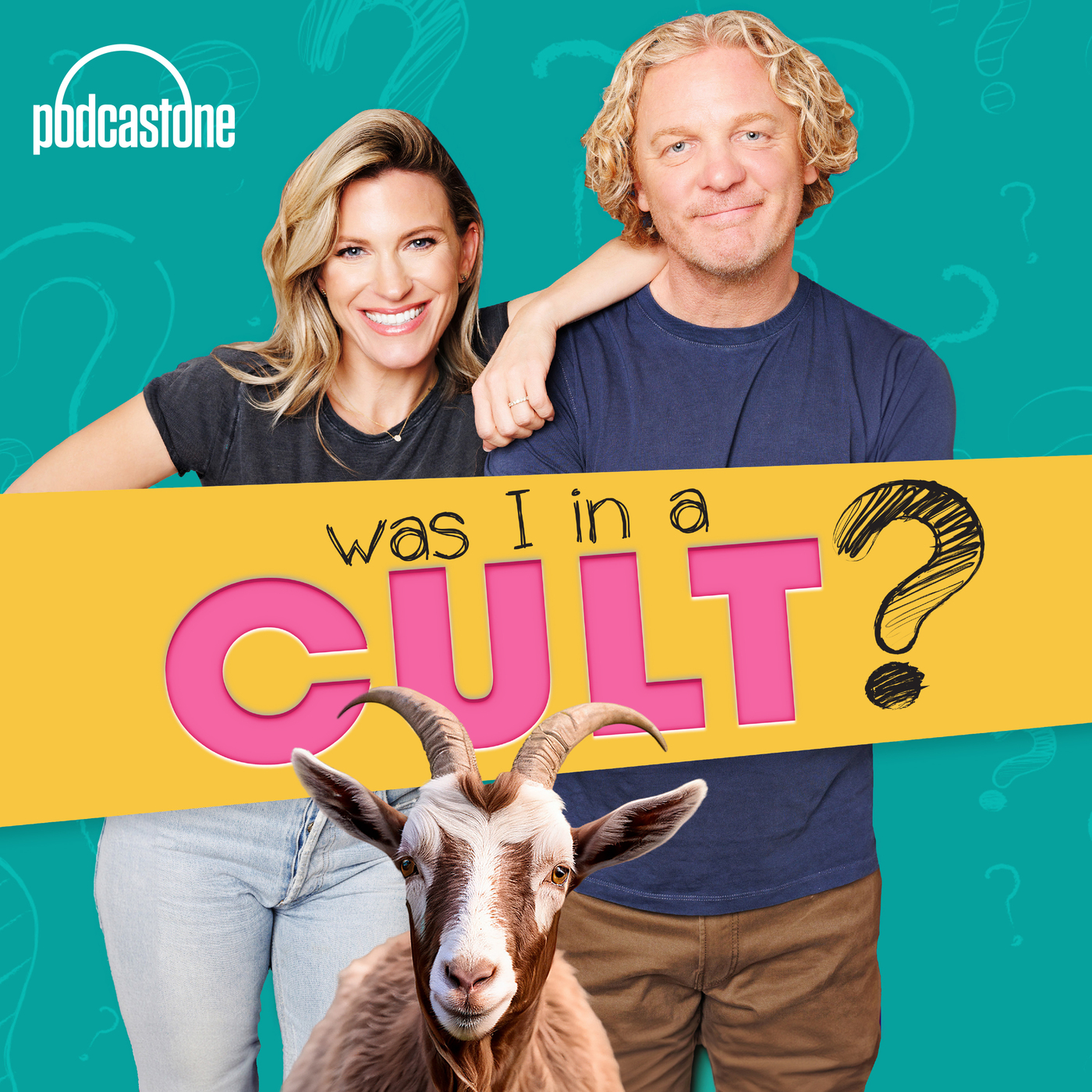
Sane and Simple Podcasting
Helps DIY podcasters manage and grow their podcast with no nonsense, timely tips and tricks from a long time content creator and Podcast Service Provider. Tips include multiple mediums like audio, video, newsletters and using ChatGPT to get share their experience, their stories, their skills out there so they can spend more time connecting than creating.
www.coffeelikemedia.com
Sane and Simple Podcasting
Content Vs. Personality: What Makes Your Podcast Stand Out?
Yes, yes, it's our voices but let's zoom out more than that. A podcast is a small piece of a wonderful network of online tentacles that help us find people for our business and/or community. The audio is one part of this and so are the social media posts and other outreach we do. In this episode April and I dig into what makes her podcast, Door Key Podcast, different than other history podcasts. Knowing these differences can help us reach the right people more easily. And that's why we're doing this, right, to make connections?
COMPANION WORKSHEET to help you hone in on YOUR podcast brand::
https://coffeelike.gumroad.com/l/podcastbrandingquestions
Door Key Podcast:
https://bit.ly/3BsVmWP
✨ Have a few specific questions? Book a micro consult call here: zcal.co/coffeelikemedia/parkbenchsession
✨ Want to do a deeper dive into your podcast YouTube channel's growth, workflow, optimization? www.coffeelikemedia.com/consults
✨ Ready to commit to a 3 months growth experiment to really find out how YOUR YouTube channel can grow? www.coffeelikemedia.com/coaching.html
✨ Microphone: Samson Q2U✨
- United States: https://amzn.to/3Bk58e3
- UK: https://amzn.to/4g2pVlr
- Germany (ships to Denmark): https://amzn.to/4f2iY2t
🎵 Music: SourceAudio: https://www.sourceaudio.com/
😋 Host on Buzzsprout: https://www.buzzsprout.com/?referrer_id=2022201
👀 Record and go live with Restream: https://restream.io/join/Kro9rJ
Steph:
Hello, and welcome to the third season of Podcast To Connect, where we are sharing ways for you to grow your audience by looking at your greater media presence and so much more. I am so excited this season to be joined by April from the Door Key Podcast. She'll be joining me in just a moment, but I wanted to tell you some information first before we jump into the conversation that I had with her on brand differentiation. Don't worry, I'm going to tell you what that means.
This project is available in audio form on all podcast apps as well as over on YouTube on the Coffeelike Media channel. There's a Podcast To Connect to the playlist there, and you can find all of those links in the show notes or video notes wherever you are consuming this.
We also have a Substack at podcasttoconnect.substack.com, where you can get additional tips and tricks on how you can apply the things we're talking about that April and I are discussing in these episodes directly to your business or community podcast. So this episode, we are talking about brand differentiation. Don't get caught up on the words. Basically, that means how is the project different from what already is in that space? For example, April from the Door Key Podcast. Door Key is a history podcast. Yes, it is. And we spent a fair bit of time trying to tease out how that history podcast is different from all of these others? Because making that clear to your listeners when they're first finding the podcast, when you're introducing it in the introduction throughout, how you create the episodes themselves, how you present it on social media all through the entire listener journey, that's really important to get, maintain and engage with the listeners in a way that you want to. To include them in your community or business podcast. April's is clearly a community podcast. And, yeah, so we're going to work on that for the next eight episodes. But first, brand differentiation. How is Door Key different from other history podcasts? All right, let's jump straight into the episode.
Steph:
Hello. Hello. Hello, April.
April:
Hello. How are you?
Steph:
I'm really good. I'm excited to see your kitty cat Harrison in the background.He's adorable.
April:
Is it he? It's all backwards.
Steph:
Yes.
April:
Okay.
Steph:
Okay, great. Well, let's. Let's kick it off today because we have something that we were talking about while I was hawking your social media. Oh, there he goes. Goodbye.
April:
“Well, yeah, like, wait a minute. I don't want marketing talk. It's like, I'm not having any of that.”
Steph:
“No, no. I want to be the center of attention, or I'm out of here” (laughter)
All right, so we were talking about something that I think affects every effect I think a lot of podcasters struggle with, and that's who we talk to when we're posting on social media.
But first and foremost, can you tell us your elevator pitch for Door Key Podcast? What's it about?
April:
I'm April, and I'm the host of the Door Key podcast. That's Door Key, two words, Door and Key. It's a play on the word dorky, and it's a history podcast that talks about anything and everything that I find interesting in history.
Steph:
About a week ago, you asked me, hey, is there any topic that you would like me to cover in the podcast or any suggestions? And I gave you a couple, and you said that too modern. And I was like, oh, this feels like a kind of clarification moment on what the podcast covers. So when you say anything that you find interesting, what time periods does that cover or what topics does that cover? Like, can you hone in on that some more?
April:
Sure. It's any period of history. I do set a bit of a boundary that I try not to go past 1970. I try to avoid modern history, and that's because I feel like there's just not been enough time for context. And I'm just. Yeah, I just want to avoid all of that business. So I just. If it's past 1970, like, I did make an exception and talk about Studio 54, but, you know, and sadly. Right. Is. But I. You know, it's.
Steph:
Not just. It's mostly time, but it's not just time. Are there any topics or places or people that you wouldn't cover?
April:
I probably would never do an episode about, like, JFK's assassination because you could just talk in circles about that, and, you know, it. It would just be me being like, well, it could be this. This makes sense. Oh, it could be this. This makes sense because there's enough of that. I don't need to add to that. I. I try to be, you know, non, non conspiracy theory. You know, like, I don't. You know, I will speculate sometimes, but I don't get into, like, super, super speculation. So, like, you know, the big one I probably would never cover is JFK's assassination.
Steph:
Right, right. Interesting.
I'm trying to think of where, like, other boundaries of things that you wouldn't. Wouldn't cover, because I think that would help the podcast description. And also, I don't think it would change the tone because the tone in your. In your. Your marketing copy is fine. But as far as the elevator pitch or just the description itself, how you talk about it when you're on other podcasts and stuff like that, like, giving those parameters, those are the things that makes it more than just a history podcast. That makes it April's history podcast. Do you know what I mean?
April:
Yeah, I do. I know that my coverage is not very, like, deep, deep. I don't really dive deep. Like, if I probably give. I mean, I'm being generous to myself to say, like, a 101 version of history. It's probably more like high school. But, I mean, at the same time, like, I told a friend of mine that I was going to start a podcast and that my first episodes were going to be about Henry VIII's six wives.
Steph:
Yeah.
April:
And she looked at me and said, was he a polygamist? And I was this. Yeah, this woman is a doctor. Like, she is brilliant. Like, I. That is not a slight on her, but it's just like, I don't expect people to know a lot about what I'm talking about. So I. I kind of struggle with, like, how much background to give.
Steph:
Yeah.
April:
I try to give context, but I don't want to be all background. Yeah. Sorry.
Steph:
I love that. Well, no, no, no. Because, honestly, the blessing and the curse of modern times is that we have access to so much information, and so for. For a lot of people, myself included, it feels like an unmanageable task to have a wealth of knowledge on a lot of different historical events.
April:
Yeah.
Steph:
So it sounds like what you're doing is providing, like, a base knowledge of super interesting historical events and people.
April:
I try. I'd like to think that.
Steph:
I don't know. I'm, like I said, I'm still trying to tease it out, because every time I look at your podcast, like, episode list, I'm like, every time I think I have a grip on what you would and wouldn't cover you, I see something else and I go, nope. Which is good. That makes it yours. You know, that's one of the things. It's just. How to describe that.
April:
Yeah. And, you know, like I said, sometimes it's just kind of. It's just something that, like, hits me. My interest, that particular moment, and I'll write an episode about it. Or, like, you know, like, I. I did an episode about Rasputin, and I ended up making that into three different episodes, about three different topics, and I didn't expect that. I just kind of ended up going down this rabbit hole. Like, what? And, I mean, I loved it. It's fascinating, but I didn't plan on doing three separate episodes on this one topic.
Steph:
Right, right. Have you ever sat down and, like, looked at all of your episodes and tried to find, like, a common theme? Not just a theme, but common topics or something in common. I don't know.
April:
No, not specifically. I try to talk about things that I, you know, like I said, interesting, but, like, also, like, uplifting or inspiring. I try to be like, okay, well, this is pride month, so let's talk about subjects to do with that. I don't think I want to do that anymore. Like, I still want to talk about those subjects, and they're important to me. But I. I think being that specific about it, like, in June, let's do two. I've noticed that the downloads are a little bit less, but also that it kind of got in the way of my whole Rasputin thing. I did Rasputin, and then, oh, now it's June, so let's take a break. And then now it's July, so we're gonna get back in, which is fine. And I still want to talk about, you know, important topics like that. I just. I don't want to, like, is that a thing? I don't know.
Steph:
It is, and on a lot of levels, I think that's more of, like, it's good that we have months that celebrate certain populations or events or things that happen that are really important to keep in mind, but I think doing it outside of those times is almost more important because you're keeping the conversation going. It's not just we celebrate it here. And then, ah, it's, who cares? The rest of the year, you know?
April:
I agree. Yeah.
Steph:
So I think that's clever. Following your curiosity and wanting to do it when it makes sense for you. What research you want to do and what information you want to share with people so they have that base of knowledge, I think is a really powerful thing to realize. Yeah.
April:
Yeah.
Steph:
I mean, it's weird that the downloads went down. Oh, but it's also summer.
April:
Yeah.
Steph:
So. Yeah, there is that, but, yeah, well.
April:
I. I don't know if they've gone down, but it's like, I would. I guess I would expect more downloads. For, like, like, Black History Month.
Steph:
Right.
April:
You know, and poor George Washington Carver. That broke my heart.
Steph:
Yeah. I just. It's always the ones you think that are going to do better than the episodes that you think, not the people that. That doesn't. That you're like, but I thought. But I thought that was a shoo in. I thought that was definitely going to be something. And then ones that you don't think of are the ones that are really popular.And you're like, what just happened?
April:
Yeah. Like, I just pulled that one out of nowhere just to make sure I was, you know, had something going because I'm feeling kind of burnt out. And then, boom, suddenly there's all these downloads. Like, what the heck?
Steph:
Yeah. So the question then becomes, if it's not a specific content area or time period, the question then becomes, who is April?
April:
Oh.
Steph:
Because if you are the lens that every that everything comes through. But I haven't listened to all of your episodes. I admit it. There's a lot of them.
April:
Yeah. And some of them are just random topics.
Steph:
Yeah.
April:
So I don't blame you. And don't feel bad.
Steph:
I don't. I have limited listening time. We all do. That's part of the thing. But that begs the question of whether the podcast is based on your interests, but we don't know much about you. Should we? And by we, I mean the listeners, because you. Do you ever talk about yourself in the podcast?
April:
Um, not. Not really. I kind of hinted in the Edgar Allan Poe episode that I might have been like a combat boot wearing, clove cigarette smoking teenager.
Steph:
This is why we get along.
April:
You know? Like, I kind of purposely try to keep that stuff.
Steph:
Yeah.
April:
You know, because I. I guess I. I feel like people don't listen to hear about me. They. They want to learn about whatever I'm talking about, you know? And so, like, I don't know. I guess I feel like this is an inter. This is a subject I'm interested in.
Steph:
Let's connect this to your social media posts. When you're posting the social media stuff, you do connect it to you when you ask the questions you've been sharing stuff from, like, your earlier life and things that you do connected to you there.
April:
I just started to. Because of of what you've taught me and. Yeah. So I've just started to, like, with the blog. It really helped, you know? Like, I do tend to share more personal things. I try not to be personal on, like, LinkedIn because I feel like that's supposed to be professional.
Steph:
Yeah. LinkedIn is definitely not a share your lunch kind of place.
April:
Right.
Steph:
But there is a personal tone to it, especially when you're talking about a passion project like yours, where you. You are the project. Your. Your research, your curiosity is the project, that is, it seems like the deciding factor on what episodes get made is what interests you and how far down the rabbit hole you want to go.
April:
Yeah.
Steph:
Yeah, yeah. So, is it that you don't feel comfortable sharing, at least just a little bit about why you're interested in a topic before you start deep diving on it in the episode or that you don't think they would want to know?
April:
It would be more than I. I don't think that they would. Not that they don't. Wouldn't want to know, but just that, like, maybe being too personal might be, like, not. Not appreciated. Like, okay. Yeah, yeah, yeah. Who cares? Let's. Let's get back, you know? Let's. That's why I would always be like, oh, side note. Because I would want people to know, like, yeah, I'm gonna veer off, but it's for a very short time, and I'm aware I'm doing it, and boom, I'm back. Like, does that make sense?
Steph:
This is fascinating. Yes. Because. Because. Because I personally find your side notes, which we've now taken off that disclaimer of side note. I find those the most hilarious. Because that's, like, getting the information is one thing, but processing it, thinking about it, relating it to current day life, which is what you do in your side notes. I find that part awesome. It's not just knowledge, but it's, like, applied knowledge through a person.
April:
Okay.
Steph:
Yeah. So I'm not your ideal audience. Like I said, I didn't listen to a lot of history podcasts before this, so I'm kind of curious. There's a history podcast that you recommended to me last week. Oh, what was the name of that one? It was by a woman.
April:
Vulgar History.
Steph:
Yes. That one.
April:
Yes.
Steph:
Does she ever pull herself in, or is it just information about the topic?
April:
It's the best. It's about, like, 90% information and, like, 10% personal. So, like, she'll. She'll mention her cat.
Steph:
Mm hmm.
April:
And. Or, you know, like, tie something to, like, a Taylor Swift song. I mean, you know, whatever. But it. It's, like, just enough personal. But she's not like, oh, well, back when I was ten, da da da, you know, which I. I wouldn't want to do that either, so I don't blame her. But it's. It's good. It's a good mix, I think.
Steph:
Okay. Okay. Let's. What's the most current episode right now?
April:
I believe it's a Sally Ride.
Steph:
Yeah, it is a Sally Ride. Yeah. So what, just out of curiosity, what was the reason why you chose that episode? Like, what made you fascinated with her story?
April:
Um, I chose Sally Ride because, honestly, um, I wanted to do something for Pride Month. And there isn't a lot of historically, what I think is historically, um, uplifting pride stories. A lot of. A lot of those stories are sad to me. Like, I've had people ask me to talk about Alan Turing, and I'm like, yes, but, oh, boy.
Steph:
Yeah.
April:
And so I picked Sally Ride because I've always, always admired her as the first woman astronaut. I've always looked up to her. She inspires me. And the fact that she is part of that community was, like, perfect. You know, it's a good way to talk about her and also uplift this community that I think should have inspiring, uplifting stories.
Steph:
Fascinating. That's the kind of thing at the beginning of a podcast that would make me go, ah.
April:
Oh, cool.
Steph:
I want to hear this, because now I've got the context of why the episode exists, why the information is. Is interesting to the person that's going to be telling it to me.
April:
Okay.
Steph:
I don't know. That's it.
That's just me. It is completely your comfort zone, and I understand feeling more comfortable sharing personal information in some mediums versus others. I completely understand.
But I know that podcasts are very personal, even when they're factual and tidbits of stuff about the host, because the host, it's a personality medium. And if people are listening to you, as long as you don't ramble on about what you had for lunch and things that are really, really disconnected in a very bizarre way, although some people do get away with that. But in general, if you don't do that and you stick to what you're talking about, connect it to yourself, especially at the beginning, to set the context.
April:
Okay.
Steph:
I think people might like it. I don't know. But it is completely your comfort zone.
April:
No, I think that makes sense. And. And I like it. I like that. I do. And I'm gonna. I'm gonna work on that to add that in.
Steph:
Cool.
April:
I think it's good. It's a good point. Yeah.
Steph:
And if it doesn't work and you get lots of hate mail, then you can tell them to send them my way. I'll deal with them, but they won't because they're already listening to you.
April:
This is another reason I picked history, was that, um, I was like, oh, boy. If I do get, like, angry emails, it would be a lot of, like, well, actually. And, like, I'm okay with that. Those make sense. I can't be offended if I got a year wrong or mispronounced something and someone corrects me, but, you know, it's. I can deal with this. Well, actually, yeah, yeah, yeah.
April:
Nah, nah, I doubt. I doubt that would be the thing that would break people. Yeah, they wouldn't be listening in the first place if they didn't. If they weren't invested.
Steph:
Thank you so much for joining us with this trip down brand differentiation lane, which is easier to write than to say remember, you can follow. You can remember. You can get more tips at podcast toconnect.substack.com. That is our Substack. It is completely free and it has different tips and tricks that you can use in this episode to help your podcast grow in the right way, to have the right people in your network, in your community, in your business, and so on and so forth. PodcasttoConnect.Substack.com, hope to see you there. We’ll be back in 2 weeks.







